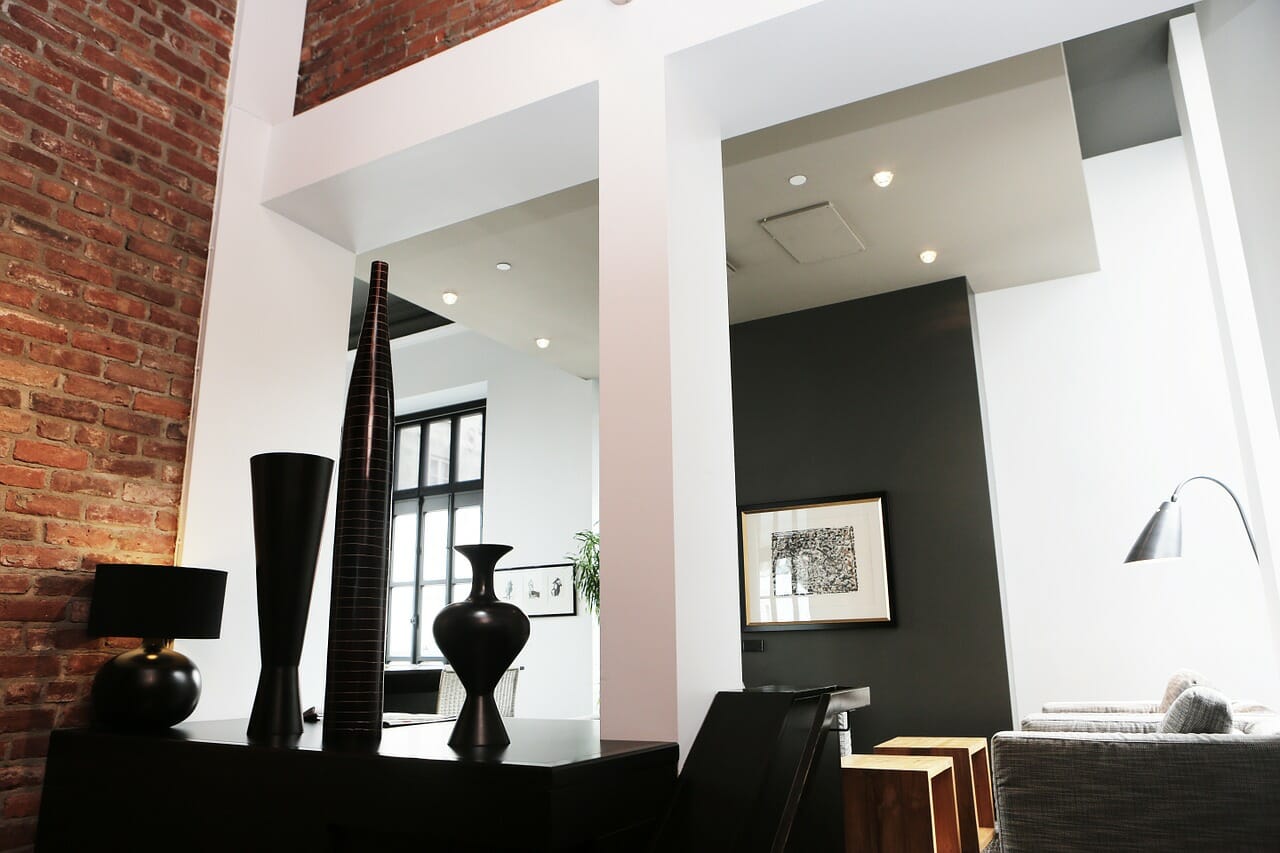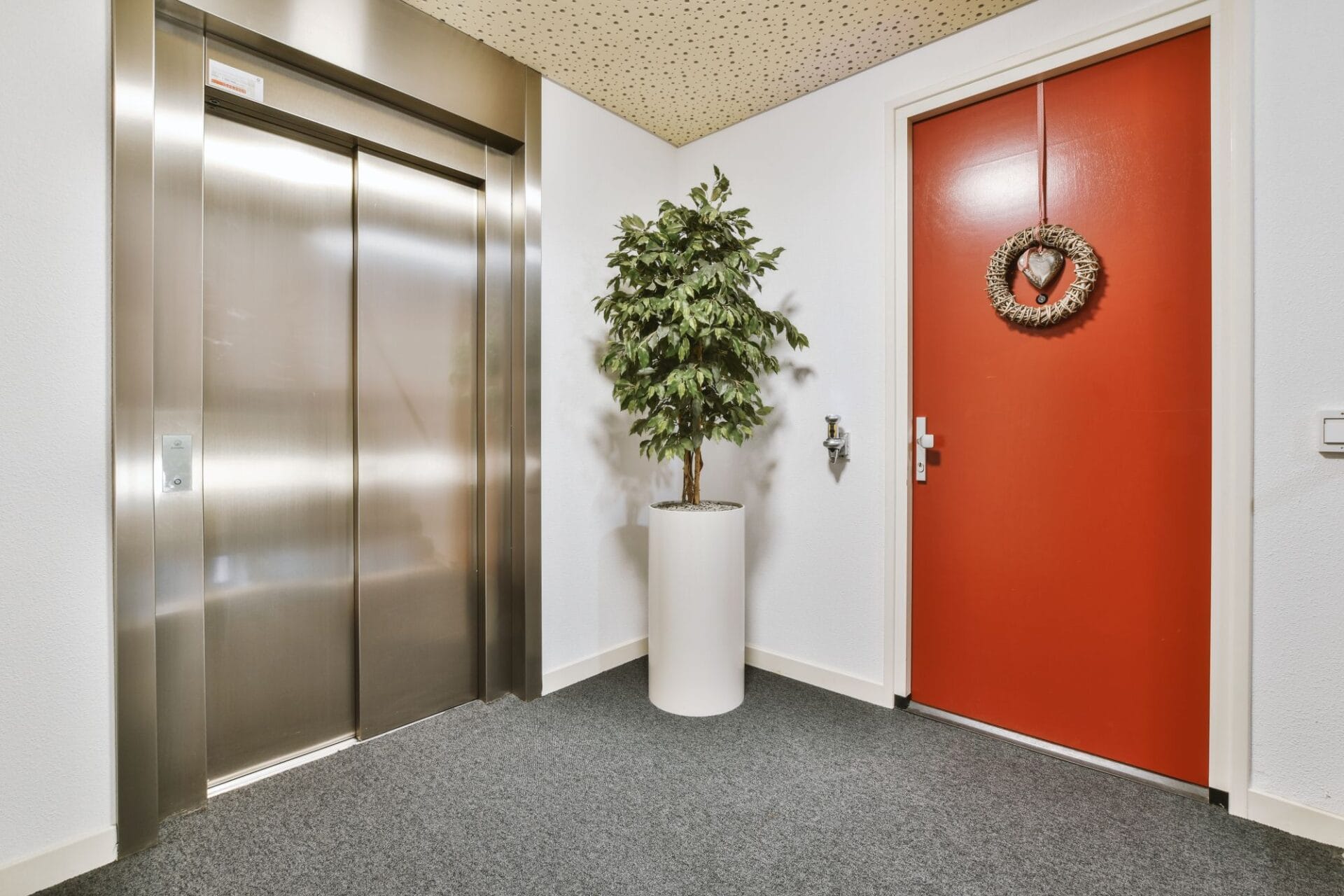Nothing beats the feeling of getting the keys to your first property. It’s a major milestone that signifies growth and maturity. But, there are a few important considerations that you need to make before you can reach this point, particularly if you’re buying a condo.
Here are some helpful tips on the most important things to look out for before you purchase your first condo property.
-
Smooth service requests
There will come a point in your journey as a condo unit owner when you need to file a service request. Whether it’s repairing a clogged drain or replace a broken component, the process should be smooth and painless.
That’s why you need to ensure that your building’s condo association uses digital software.
This allows you to log service requests through a smartphone app so the property manager or association can see it immediately. You can also track your request in real-time and see its progress through automatic follow-up reports.
-
How old is the property?
Also, find out how old the condo is. Older developments generally come with extra assessment charges for major repairs. A special assessment is an amount that the board charges unit owners to pay for major unexpected maintenance. This includes things like replacing the roof or paving the driveway. Each unit owner must contribute an equal amount each year, and the greater the repairs the higher the amount.
-
Look at your condo documents
Every condo association operates according to a set of rules and regulations known as covenants, conditions, and restrictions (CC&R for short). The condo board enforces these rules and they vary according to each specific building.
It’s important to respect the CC&Rs because they’re meant to maintain order within the community. They often come with information on how to decorate and maintain your unit, as well as rules on general decorum in communal areas. For instance, the document might specify that you can only park a particular vehicle class in your driveway or that you’re not allowed to keep a pet.
Specifically, look into the rules related to CC&R violations and fee payments and the HOAs environmental practices. While you’re at it, ask for the previous meeting’s minutes so you can get an idea of the issues the condo is currently facing.
Where do you get these documents from? Well, the present owner should provide you with all the condo association documents you need to learn more about the property. If it’s a new build, then you should get this information from the developer or realtor. Alternatively, search through the association’s website where most important documentation is made freely available.
We recommend that you hire an experienced lawyer who’s well versed in condo association law. They’ll know what to look for when analyzing the documents and advise you on how to protect your interests.
-
Reserve fund report
A competent association should perform a reserve fund study every five years. This is to ensure that there are enough funds in the reserve to maintain future expenses. Now, there’s no absolute minimum on the amount that a reserve fund should have in its coffers. It depends on the expenses required to repair common areas and the size of the development itself.
-
Sound attenuation
This is a problem that most people overlook when buying a condo, regardless of the fact that it affects your quality of life once you move in. It’s imperative that you do your research on the building materials and techniques used and how they will affect sound attenuation.
The biggest issue is your own level of acceptance when it comes to noise. Remember that you’re going to share walls with your neighbors so there’s bound to be some sound transfer. If you prefer to live a quiet life with the least amount of noise possible, then you should consider a top floor unit.
The good news is that most builders are aware of sound attenuation and use the best flooring and insulation to protect against reverberating sound. However, some degree of sound transfer will happen regardless, whether it’s someone playing video games or banging on the walls to hang a picture.
Find out how the condo structure is built and what kinds of materials were used to reduce sound transfer between homes. Typically, hardwood and laminate flooring have a hard reverberation, which means you will hear an echo when your neighbors stomp or walk around their unit. That’s why most builders use vinyl plank because it has an underlay that’s better for sound attenuation.
-
Modern software
A lot of associations use modern digital condo software to manage maintenance requests, security, budgeting, payments, and even amenity booking. This makes it so much easier for you as a unit owner to enjoy all that your property has to offer and it’s definitely worth looking into when searching for a condo to buy.
-
Location
The location will always be a factor when buying a property and it goes beyond market value. You need to look at a neighborhood that fits your lifestyle.
For instance, if you own a dog then you should opt for an oceanfront condo property or a place that’s close to a park or a green space. A high-flying exec will need a home close to the CBD so it’s easier to get to work, whereas families require a home that’s close to the best schools and recreational areas.
Consider the type of neighborhood you want to live in and keep in mind that condo developments are more than just buildings. They’re communities with shared values and a certain aesthetic. You’ll need to fit into that community so it helps to share similar values.
You should also look into other factors like the crime statistics of the area and how safe it is to live there. Don’t forget to ask how close the building is to public transportation and recreational facilities.
Try to visit the property both during the day and at night. That way, you’ll get a balanced view of how comfortable you are in both scenarios. If you can’t picture yourself living there, then you should keep looking.
-
Amenities
Use amenities as a benchmark when comparing different buildings to see which option offers the most value for money. Ideally, look for a condo with amenities that complement your lifestyle. Some standard facilities include tennis courts, a swimming pool, gym, fitness center, parking, WiFi, and holistic wellness features.
Expect to pay extra for specific amenities like high-end co-working spaces, a rooftop deck, outdoor kitchen, green spaces, a game room, and lounge. There might even be a yoga studio and a meditation room or two.
Plus, most buyers expect extra amenities like smart home features. In fact, it’s not enough for a property to have standard facilities like a pool and a gym. Things like electric car chargers, robot cleaners, and innovative fiber optic internet are becoming the norm in a lot of new developments.
As people continue to prioritize connectedness and community, communal spaces are also seen as important. Depending on the property, this could be something fancy like a wine tasting room or a convenient children’s playroom.
The best part about moving into a new development with smart home features is that you can look forward to functions that allow you to control lighting, domestic appliances and security systems with the touch of a button.
Condo developers tailor amenities to the needs of a specific demographic so it’s easier to attract the right buyers. Developers also know that it’s important to balance price and convenience so it shouldn’t be hard to find a condo that offers value for money.
-
Condo boards and associations
The common areas in your condo building must undergo regular maintenance to ensure smooth operation and prevent damage. Payment for maintenance costs comes from unit owners in the form of monthly fees known as “dues”. It’s worth noting that some communities might deduct this amount on a quarterly or bi-annual basis depending on the rules and regulations.
The amount you pay in HOA or condo association fees depends on the number of amenities within the building, its size and age. Usually, a building with lots of amenities will have higher monthly dues because of the required maintenance. In regard to building size, larger buildings have lower monthly costs because you have more people sharing the expense.
Before you sign on the dotted line, read through the contract to find out what the fees entail. It varies from building to building, but some associations incorporate parking and security services, while others only include basic amenities and repairs.
The condo board is an organization of elected unit owners who volunteer their time and energy to operate the association. The board is integral to the building’s overall ownership structure, and it’s responsible for the maintenance and management of common areas.
Basically, the board sets the tone for how the condo operates. They do this by applying association rules and guidelines. The board is also responsible for determining the monthly fees and managing funds, maintenance, and general operations.
-
Taxes and insurance
As a unit owner, you’ll be taxed according to the size of your condo unit. But, your property tax is separate from the monthly dues so you must take care of it accordingly.
While your condo association is responsible for taking out insurance on the general building and common areas, you still need to get individual insurance cover for the interiors. It’s important to note that the contents of the master policy will depend on what’s offered by the provider and the needs of the building itself.
Take out a condo-specific insurance policy that’ll cover individual unit components like personal belongings, appliances, and interior walls.
Benefits of buying a condo
There’s no denying that a condo is a great investment. Not only is it low maintenance, but it offers great value for money and comes with various amenities. In case you’re wondering, here are some benefits that come with buying and living in a condo:
– Affordability
It’s way more affordable to purchase a condo than it is to buy a standard family home. The only downside is that you need to pay monthly dues to cover maintenance costs. But, sometimes this works out to be the same as doing the maintenance yourself. The only difference is that you’re paying someone else to do it which offers you peace of mind.
– You have clear rules to live by
Living in a condo means that you don’t have to establish house rules or figure out a maintenance plan beyond the four walls of your individual unit. All of that is taken care of for you. Your job is to abide by the rules and regulations, which shouldn’t be hard if you read through the CC&R documents before you sign. If you don’t like the rules, you can always move onto another community until you find the perfect condo for you.
– Enhanced quality of life
Condo owners often remark about how different their lives are after moving into a condo development. From being ideally located to getting access to different amenities, there are many ways in which condo living can enhance your lifestyle.
– Communal living
Because you live in close quarters with your neighbors, you’re most likely to feel a sense of community and togetherness, especially if you take part in association meetings. You’ll likely bump into some of your neighbors when using communal amenities as well.
Conclusion
Whether you’re purchasing your condo as an investment or residence, it’s important to do your research beforehand. Look into the association or board that manages it. Ask about the reserve and operating funds. Make sure that competent people running it, and avoid buying a property with financial issues.
























